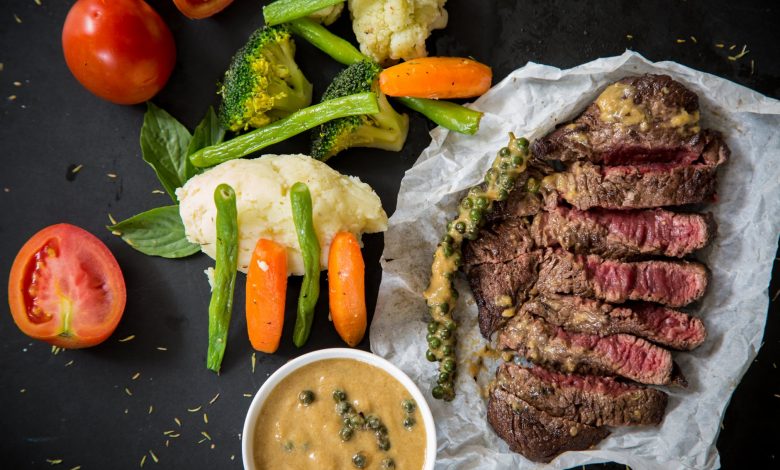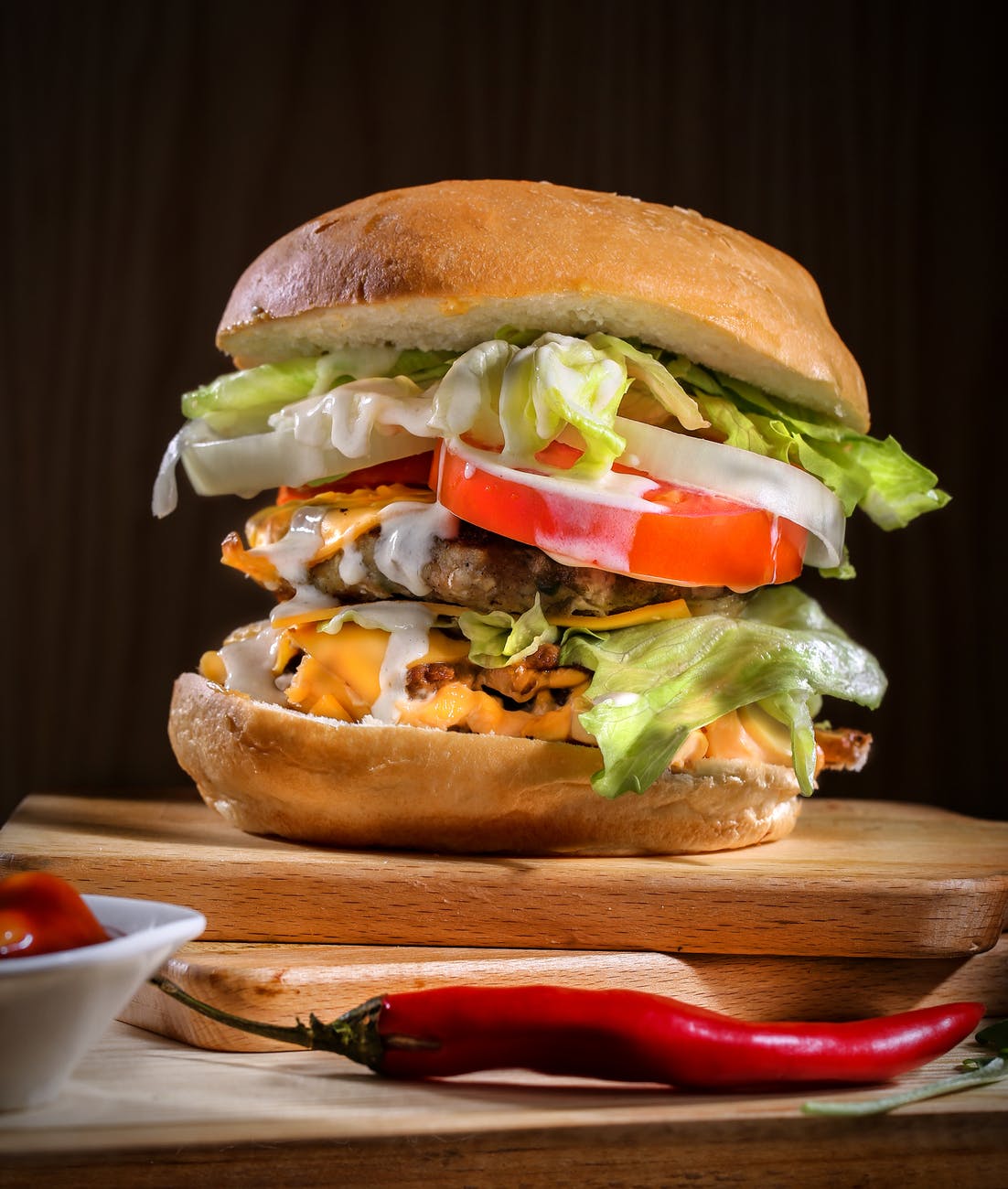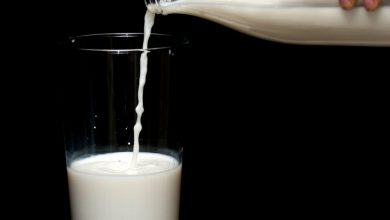
Lose Fat, Not Muscle
When people start to lose weight, they tend to think that they are losing fat. But weight loss does not mean just fat is being lost. In one of the seemingly paradoxical aspects of how the body gains and loses fat, when we go on a diet, we often lose muscle instead of fat.
Losing Muscle
Most diets follow what is known as a calorie restricted model of dieting. This means that we are limiting the amount of food we eat, hoping that our body will use fat stores to replenish energy. The problem is that the body has at least four types of fuel sources, and one of those fuel sources is the protein in our muscles. Protein can be converted to glucose through a process called gluconeogenesis. This means that muscles are a source of energy for our body.
But eating through muscle is not optimal for a healthy body. Lean muscle mass not only gives humans the strength and balance that is needed to survive, but also helps provide heat, store nutrients, and defend against infection. Muscles also allow for healthy metabolisms, which help keep us in an energy balance. If dieting can cause muscle loss, it does not mean we have become healthier just because the scale says we lost weight. Muscle loss makes it hard to keep fat loss permanent.

Protein
Protein is one of the most important yet underrated nutrient in modern diets. The amino acid chains found in meats, are required for humans to survive. Out of the 20 different types of proteins, 9 are essential. Essential means that we cannot make these proteins ourselves, and we must get them from meats.
When we go on a diet, we limit the number of calories that we consume. This also means that we often limit the amount of protein we eat. Less food means less protein. The problem is that most people, particularly overweight and obese people, do not eat enough protein before starting a diet. When they start dieting, they consume even less protein than before.
When the body does not get enough protein from food, it will turn to the body and break down muscle fibers for protein. While this process of body recycling can be good for short term fasts, protein deficiency overtime can cause the body to break down, slowing metabolism.
Strength Training Myths
During a diet, the advice to limit muscle loss is to add strength training to workouts. It is assumed that if the body recognizes that the muscles are being used, it will not use the protein in those muscles for energy and will instead utilize the bodies fat stores. But this belief does not hold up to the simple fact that, if the body does not get enough protein from food, the body will eat itself to make up the loss.
Heavy weight training combined with low protein intake is a recipe for disaster. Heavy workouts cause the muscles to undergo stain and damage. If there is enough protein being consumed, then the body will rebuild muscles and grow stronger. But if there is not enough protein in the diet, the body over time will become weaker as muscles lose condition. This muscle loss sets up the body for future fat gain because the muscle is hard to replace after it is lost.
How to Lose Fat and Not Muscle
There is an easy answer to the problem of muscle loss during dieting, and that is to eat plenty of protein. In fact, people that are trying to lose fat should drastically increase the amount of protein from whole foods during a diet. More exercise and movement means the body will need more protein to recover from workouts.
Fortunately, protein is a seemingly magical nutrient if it is consumed from quality meats. Protein from beef, pork, and chicken not only helps the body maintain and build muscle during a diet, but it also does not trigger the insulin system. Protein does trigger the body to take the energy from meats and turn it into fat like carbohydrates do. Thanks to this aspect of protein, it is possible to cut calories and maintain muscle mass and growth during a diet regimen.

How Much Protein?
So how much protein should people consume on a daily basis? Like many nutritional questions, the amount largely depends on the person, and will be unique from body to body. However, there are some rules of thumb that people can use. For men, at least 1 gram of protein per kilogram of body weight is requiews. For women it is slightly less, at .8 grams per kilogram of body weight.
To put this in perspective, here is an example. A 250-pound man (114 kilograms) will need 114 grams of protein. This may sound like a lot of protein, but it’s not as daunting as it may seem. One pound of ground beef contains around 110 grams of protein. In addition, that ground beef only has roughly 1,000 calories. Even better yet, the body will have to expend about 250 calories to digest that ground beef. That pound of ground beef will only add 750 calories of energy to a diet but provide enough protein to prevent any muscle loss.
If exercise is heavy with lots of strength training, at least two grams of protein will be needed to add muscle.
What Foods to Eat to Get Protein?
While there is still a lot of debate about what is the best food for protein, meat is still the best all-round source of protein. Protein powers and mixes should be avoided because most of these come with large amounts of sugar and will stall fat loss in the diet.
Beef is considered the best meat protein source, as it contains all twenty essential amino acid chains. Pork and chicken are also good, but carry less complete proteins compared to beef. Sea foods are excellent sources, but much more expensive than beef, chicken, and pork.



